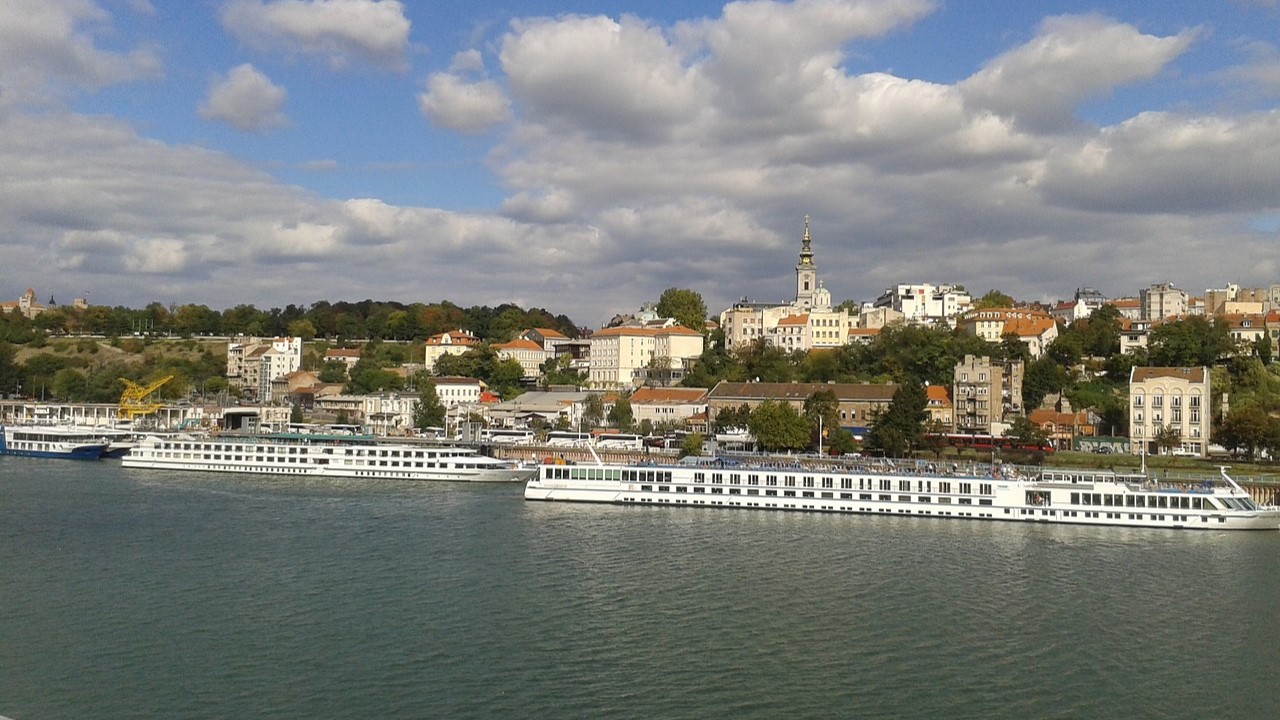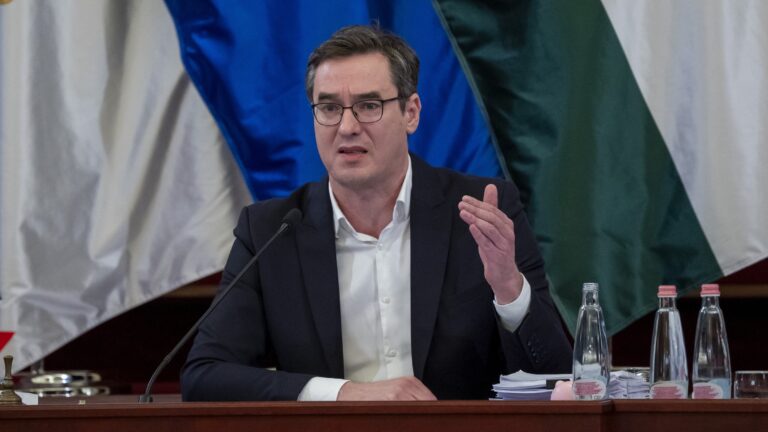Hungary continues to support the EU enlargement process to the Western Balkans, a policy enshrined as one of the priorities—a consistent and merit-based enlargement policy— during its current presidency of the Council of the EU.
Given the geographical, historical, and cultural proximity of the region, Hungary has been a strong supporter of the Western Balkan countries’ accession to the European Union (EU), a process that has been prolonged for the last 14 years.
Over the past decade Hungary’s economic presence in the Western Balkans has clearly grown, with trade increasing by 150 per cent between 2015 and 2022, alongside a rise in the value of Hungarian foreign direct investments (FDIs). This policy has remained consistent for over a decade, given that Hungary shares a significant portion of its borders with Croatia and Serbia. The country’s commitment to this policy is evident from its previous presidency of the Council of the EU in 2011, during which one of its priorities was the completion of accession negotiations between the EU and Croatia. Due to Hungary's active focus and its agenda-setting ability during its presidency, negotiations were successfully concluded shortly after, leading to the signing of the accession treaty on 9 December 2011, and Croatia’s membership in the EU in 2013.
Another country that has experienced a fruitful development of relations with Hungary over the last decade is Serbia. Prior to the start of Hungary’s current presidency of the Council of the EU, Hungarian Minister of Foreign Affairs and Trade Péter Szijjártó, stated that the country plans to initiate the opening of a new chapter in accession negotiations with Serbia. This intention was also extended to the entire region, as the Hungarian foreign minister highlighted the country’s aim to hold intergovernmental talks with all five Western Balkan countries. This demonstrates Hungary’s commitment to fostering closer ties and supporting the EU enlargement process in the region during its presidency.
On 19 September 2024 one of the key meetings aimed at further boosting bilateral relations took place between Hungarian Foreign Minister Péter Szijjártó and his Serbian counterpart, Economy Minister Adrijana Mesarović, with their meeting primarily focusing on enhancing cooperation in the fields of energy and infrastructure development. In his remarks following the meeting, some recent developments in the EU enlargement process were criticized by Péter Szijjártó. He expressed his deep concern over European Commission President Ursula von der Leyen’s decision to exclude Hungarian Commissioner Olivér Várhelyi from continuing in his role as Commissioner for Enlargement, instead appointing him as Commissioner for Health.
Péter Szijjártó further emphasized that Hungary would do everything in its power to ensure that the countries of the Western Balkans are able to join the EU ‘as soon as possible’.
Hungary has been consistently increasing its engagement with Serbia, as evidenced by the significant rise in trade turnover. Over the last decade, the bilateral trade turnover between Hungary and Serbia has increased more than sixfold, showcasing the strengthening economic ties between the two nations.

Between 2014 and 2023 bilateral trade turnover between Hungary and Serbia rose from 133.2 billion HUF to 824.9 billion HUF. These trade relations are unique, as they continued to grow even in 2020, despite the global economic downturn caused by the COVID-19 pandemic—a time when many countries reduced external trade. By 2022 Hungary had become Serbia’s third-largest trade partner, trailing only behind major players like Germany and China. In the same year, Hungary became the eighth-largest investor in Serbia, with investments reaching 950 million euros between 2012 and 2021. Prominent companies such as Hungarian oil and gas distributor MOL, OTP Bank, Masterplast YU, Knott AutoflexYug, Mini Pani, and Tisza Automotive played key roles during this period.
During the meeting between the two ministers on 19 September they agreed to further deepen their ties in the field of energy cooperation. The Hungarian foreign minister welcomed Serbia’s continued role as a reliable transit country for Hungary's natural gas imports through the Southern Gas Corridor, which involves Türkiye, Azerbaijan, and potentially Turkmenistan. He also highlighted the successful operation of gas storage facilities for Serbia, holding 90 million cubic meters of natural gas. Both sides reaffirmed their commitment to expanding and integrating their oil pipeline networks, as several oil pipeline projects are set to be implemented by 2027.
Hungary views the region’s integration into the EU and NATO as vital, particularly in addressing security concerns and curbing illegal migration from the area. Given its shared border with Serbia, where an ethnic Hungarian minority resides in the northern region, these issues are of significant concern to Hungary. The Hungarian government believes that an effective solution to these challenges can only be achieved through the region’s full integration into the EU. Consequently, Hungary has been actively increasing its trade and investment activities in the Western Balkans, while contributing to regional security and supporting the integration process into the EU.
Related articles:







